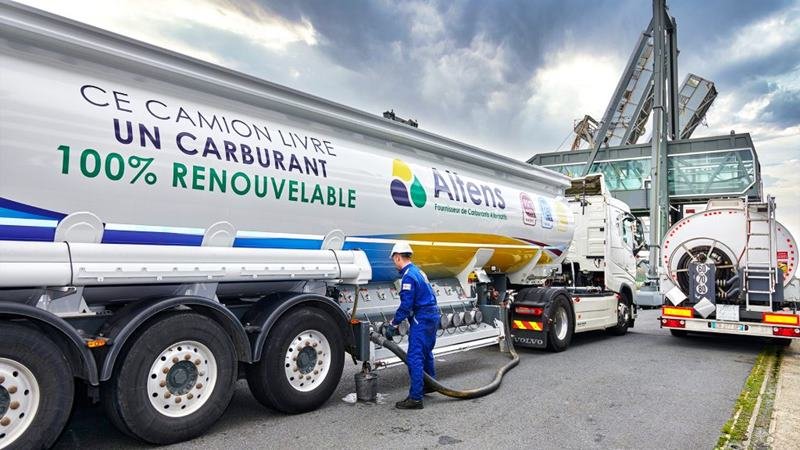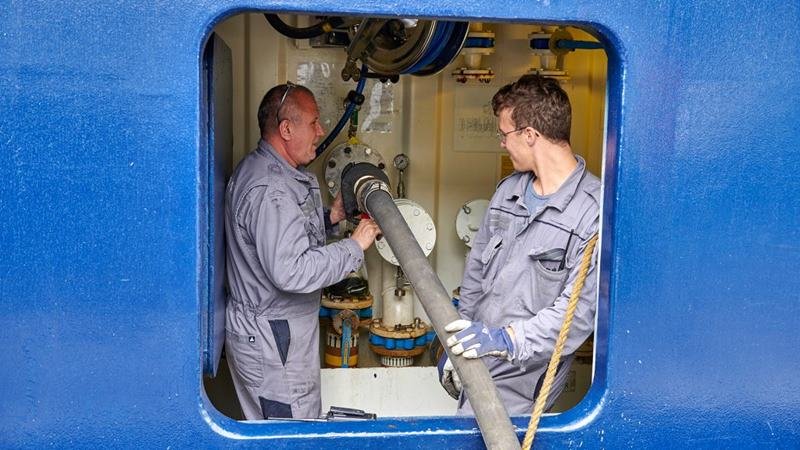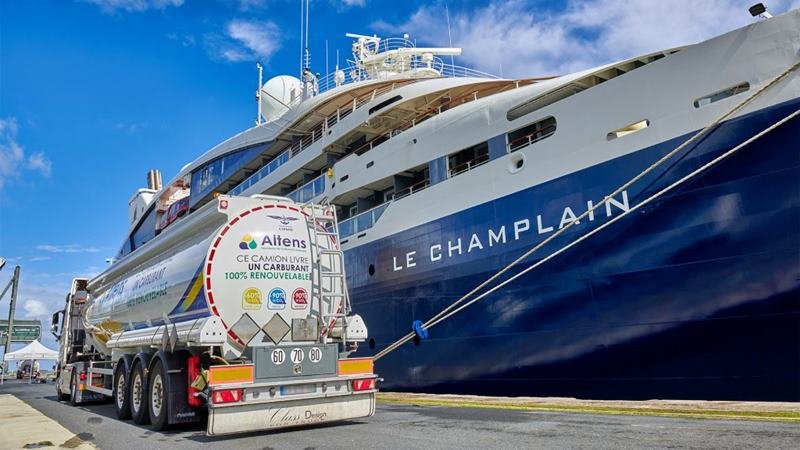The Champlain, an expedition cruise from the PONANT Explorers series, is for the first time using B100 biofuel made from recycled cooking oils. Conducted in partnership with ALTENS, this test operation is a first in France and is part of PONANT’s commitment to reduce its daily CO2 emissions by 30% by 2030 while sailing.
“This first marine biofuel test aligns with our roadmap because their carbon footprint is significantly lower than conventional fuels, with a 90% reduction in CO2 emissions. They are made from used cooking oils, which can be directly used in engines and are readily available. We aim to demonstrate that they are a credible alternative for decarbonizing the PONANT fleet and the entire maritime industry. These tests will help us better understand the technical parameters and the various emissions and gas compositions associated with the use of this type of biofuel,” explains Mathieu Petiteau, Director of New Builds, Research, and Development at PONANT.
The Champlain is the first ship to test this new type of fuel in France.
The B100 supported by the Champlain is produced in France using raw materials collected in the country. It is distributed by ALTENS, the leading French provider of non-fossil alternative fuels for the transportation sector. By being the first French cruise line to test this new generation of biofuels, PONANT continues to solidify its sustainable development and decarbonization strategy. In accordance with regulations, this initial refueling will be accompanied by a series of tests to validate, among other things, that NOx emissions remain compliant with regulatory specifications. Measurement of SOx emissions, particles, and black carbon will also be conducted. Once this step is completed, PONANT intends to expand its use to the entire fleet, subject to supply capacity.

A marine biofuel with certified performance.
During a technical stop in Cherbourg, the Champlain will refuel with B100 biodiesel. This biofuel is made 100% from cooking oils collected from agri-food industries, collective catering, and culinary professions.
The Champlain, equipped with Wartsila propulsion, is compatible for use in existing diesel engines as a drop-in fuel. It produces CO2 emissions that are 90% lower than fossil fuels and surpasses European requirements for 2035. The entire production chain of B100 biofuels is ISCC certified, an internationally recognized sustainability standard by the European Union, ensuring the traceability of raw materials.

Source Altens France

